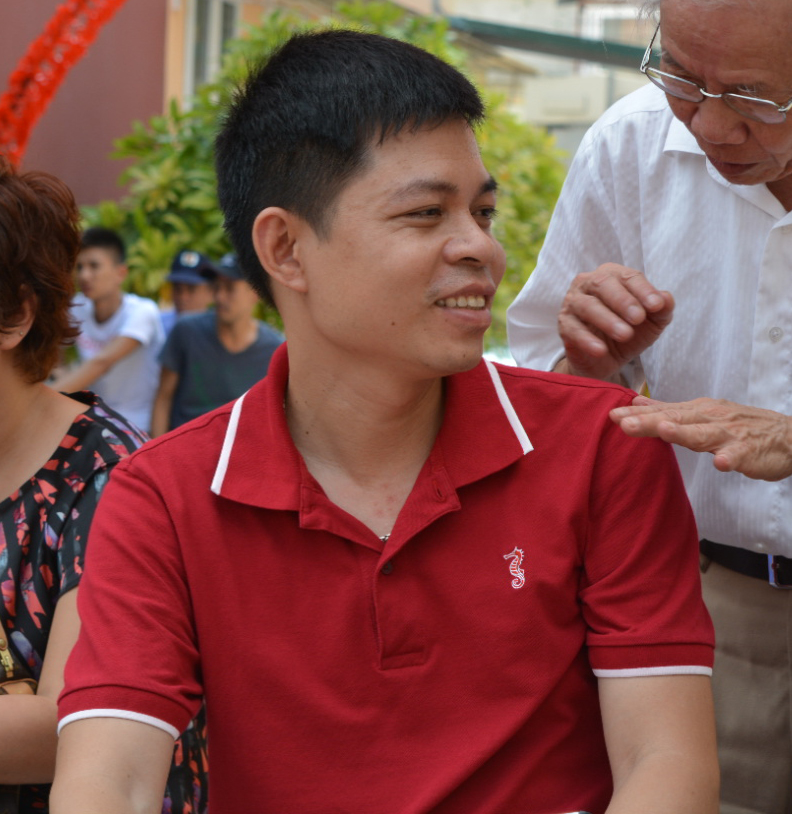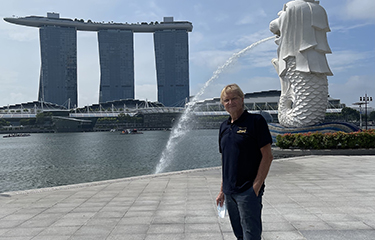Singapore-based aquaculture company Singapore RAS is targeting to produce 1,000 metric tons (MT) of farmed salmon in Singapore by 2025 to serve demand in the city-state, the company said in a release.
According to the company the recirculating aquaculture system (RAS) project will be expanded to 3,000 MT in later phases to meet Singapore’s “strategic 30/30 food sufficiency target.”
Singapore RAS has signed a “RAS technology, skills capacity-building, and investment Letter of Intent deal” with OFS Norge AS (OFS) and Onshore Technologies AS (ONTEC) to conduct a basic design study of its planned RAS system in Singapore. The agreement will also facilitate strategic and financial collaboration to push the project forward and advance local aquaculture capacity building with the help of ONTEC’s pioneering Academy in Måløy, Norway.
“Singapore RAS aims to establish itself as a leading-edge onshore sustainable producer of Atlantic Salmon in Singapore, right next to the dinner table in the largest per capita salmon market in South East Asia. We are in particularl driven by the wish to ensure a maximum of recirculation,” Singapore RAS CEO Esben Johnsen said. “Singapore RAS is very pleased to announce our partnership with OFS/ONTEC leveraging OFS/ONTEC’s decades of technology development, with amongst the lowest per unit energy requirement in the industry and a strong focus on local skills and capacity building.”
OFS CEO Jørn-Gunnar Jacobsen said that OFS and ONTEC are keen to collaborate with Singapore RAS on the project, which lines up with the company’s strategic objective to make onshore RAS salmon farming “truly sustainable”.
“This collaboration, together with Singapore RAS’s central location to other key South-East Asia markets, its carbon and circular economy ambitions fits perfectly with us,” Jacobsen said.
Singapore imports more than 90 percent of its food demand and has aimed to raise its domestic production to 30 percent by 2030. The island city-state also puts priorities for projects which focus on circular economy and sustainability like Singapore RAS.
Photo courtesy of Singapore RAS







